Fuelling For The Long Run
Whether you are training for a half-marathon, marathon or even ultra-marathon, it is important to know how to fuel your body . As any experienced distance runner will tell you, finding out what fuelling practices will work for you takes trial and error. There are some simple guidelines to help.
How Much How Often
Glycogen reserves last for only 60 to 90 minutes, so for most people who are racing a half-marathon or more, you will need to top up your glycogen reserves. How often and how much you need to fuel depends on weight, effort level and ability to stomach fuel. Generally speaking, it is recommended to consume your first gel (100 calories and 22 grams of carbohydrates) about 45-60 minutes into your run, then continue to fuel every 45 minutes.
Types of Fuel
As you become more experienced with fuelling on the run, you appreciate individual preferences for certain flavours, textures and so on. Unfortunately, the only way you are able to find what types of fuel work best for you is through trial and error.
Gels
Gels are one of the most popular forms of fuel. They are compact, easy to carry and come in a variety of flavours. Generally speaking, they are easy to digest as long as you consume them with adequate water. Some runners dilute gels into water bottles or soft flasks to make digestion easier.
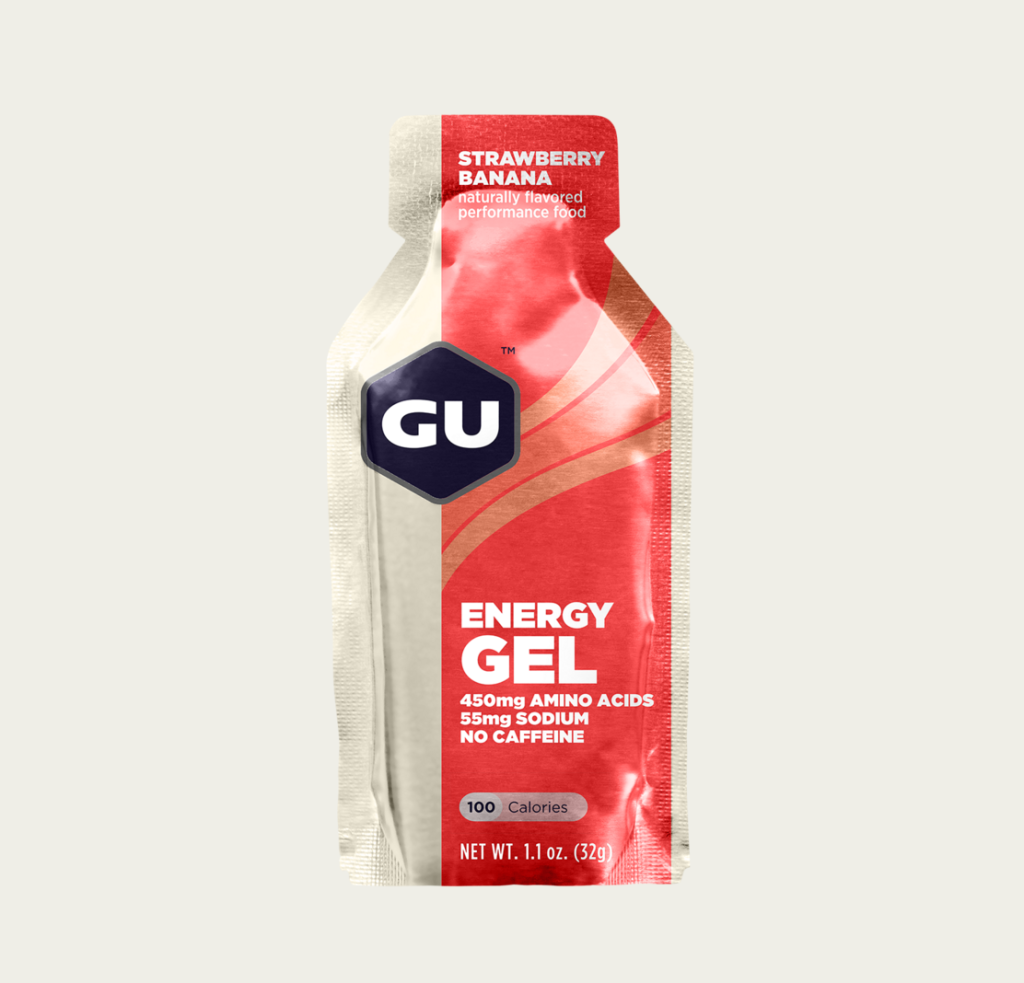
Chews
Chews have been gaining in popularity over the past few years. They are widely used on the trails for long runs and races. Although the flavours are not as diverse as gels, they offer a very similar nutritional profile and the texture is a welcomed break from gels. Chews come in a range of textures from melt in your mouth soft to very chewy. It is up to you to experiment and find out what works best for you.
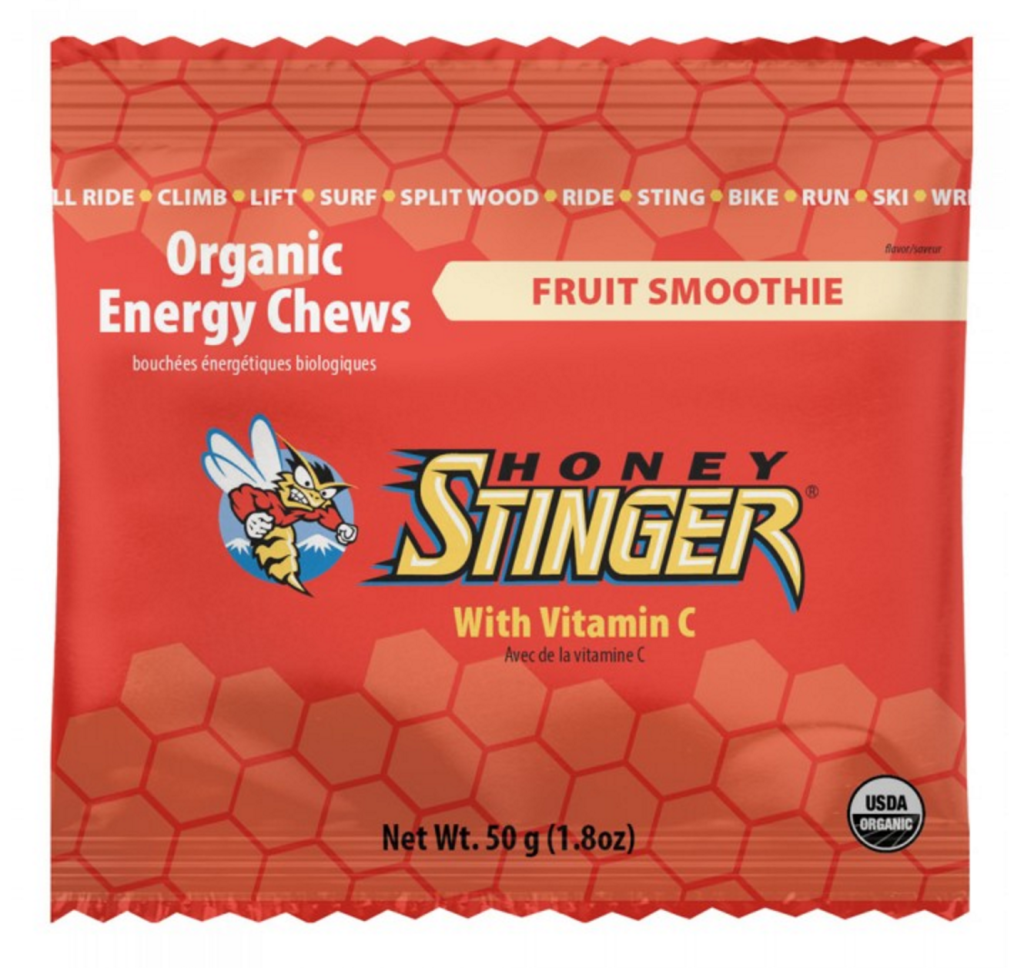
Powders
Powders offer a very easy way to take in a lot of calories. Often, they are more cost effective and less wasteful. Generally speaking, powders have a limited flavour range, but you have more control over the strength and caloric intake. Some runners prefer because it is easy for the body to absorb, therefore easier on your GI tract.
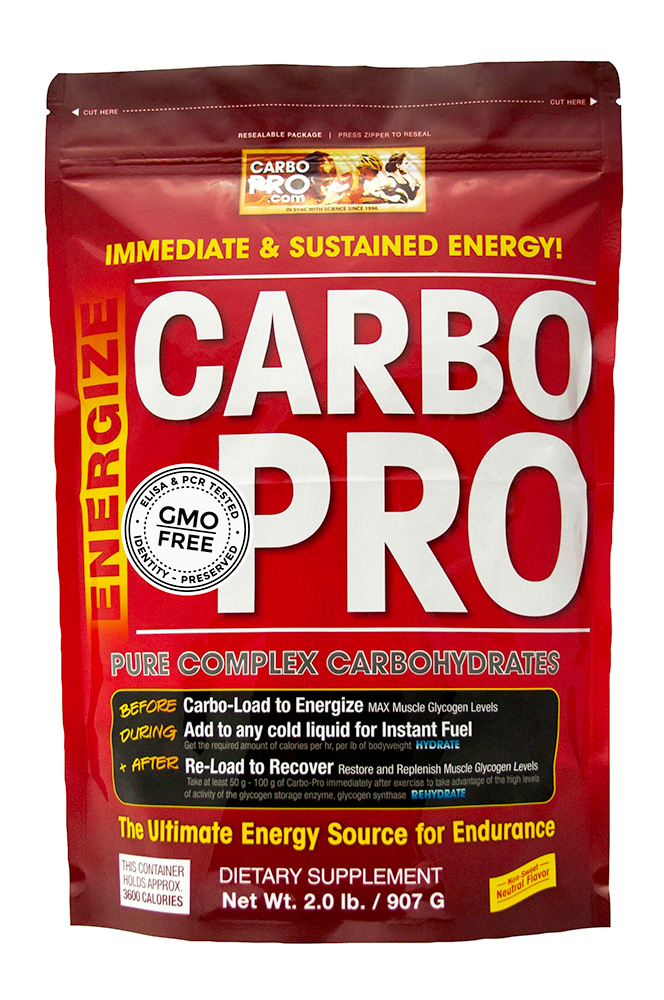
Electrolytes
On a warm day, staying on top of your electrolytes can make or break your run. For runners, the most common symptom of an electrolyte imbalance from sweating is fatigue and cramping. Electrolytes are a combination of potassium, magnesium, calcium and sodium, which are necessary minerals for muscle contraction. Some of the fancier brands contain ginger or peppermint extract to sooth upset stomachs. Runners who sweat a lot or racing marathons or ultras, will really benefit from incorporating electrolyte into their nutrition routine.
Whole Food Fuel
Finally, there are a lot of options for runners to fuel more naturally. Food like bananas and dried fruit have lots of naturally occurring sugars. Young coconut water is touted as a natural electrolyte drink. For more sustained energy, try stuffing pitted medjool dates with virgin coconut oil. The only downside is that these foods are high in fibre, which may result in a few unexpected trips to the bathroom. The best advice is to do your research and experiment with different fuel sources.
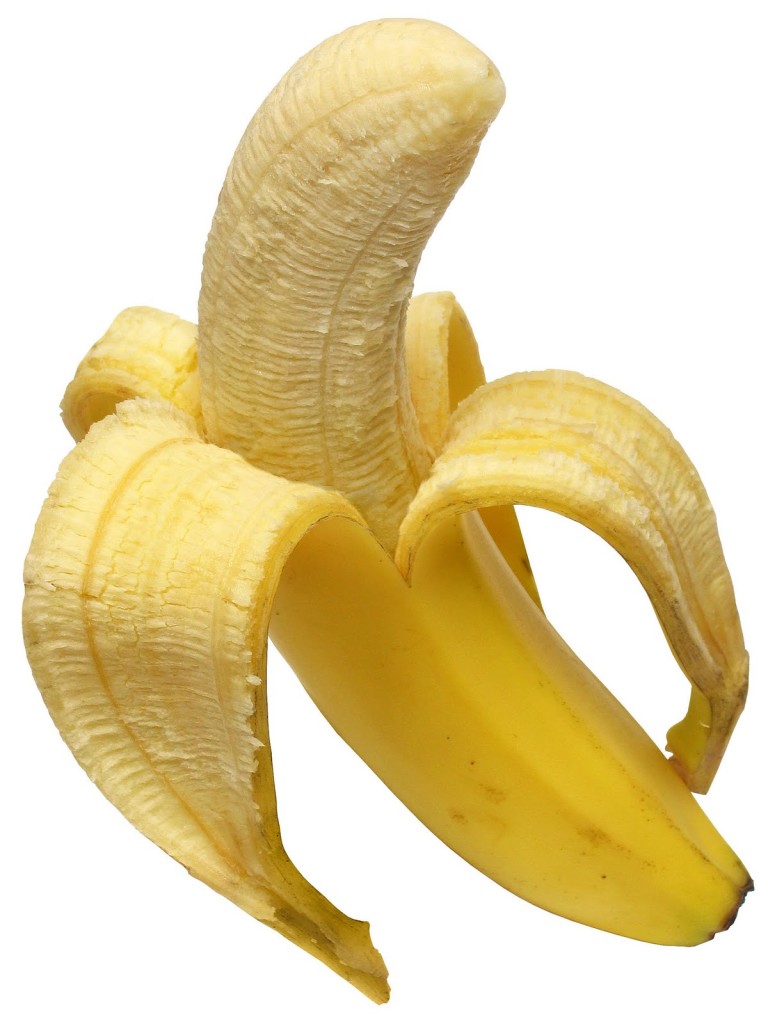
For more advice on fuelling for the long run, stop by The Run Centre.
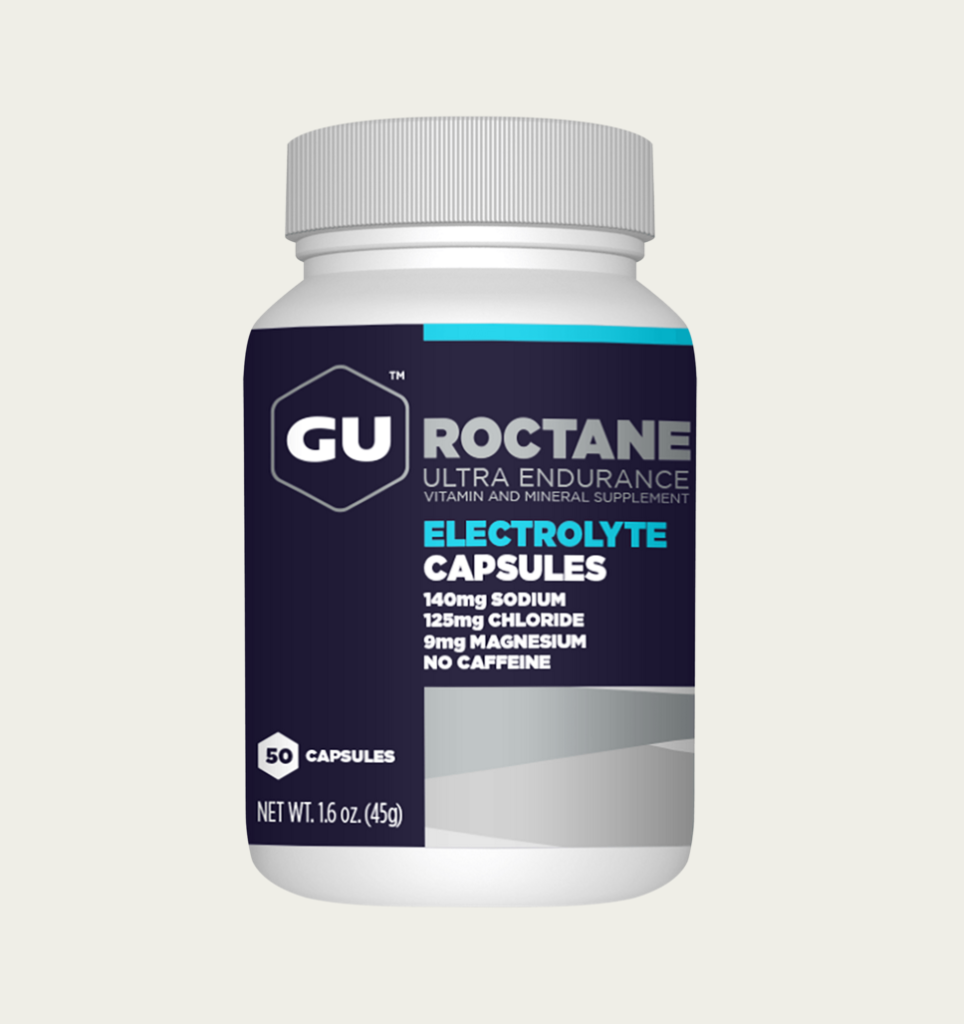
Sorry, the comment form is closed at this time.